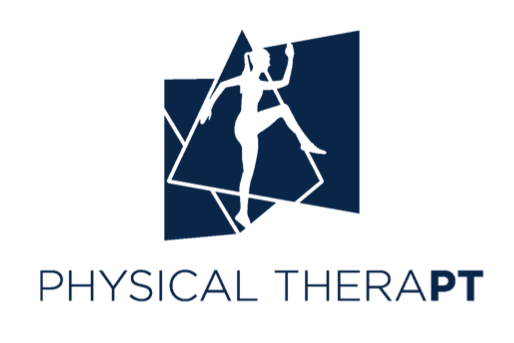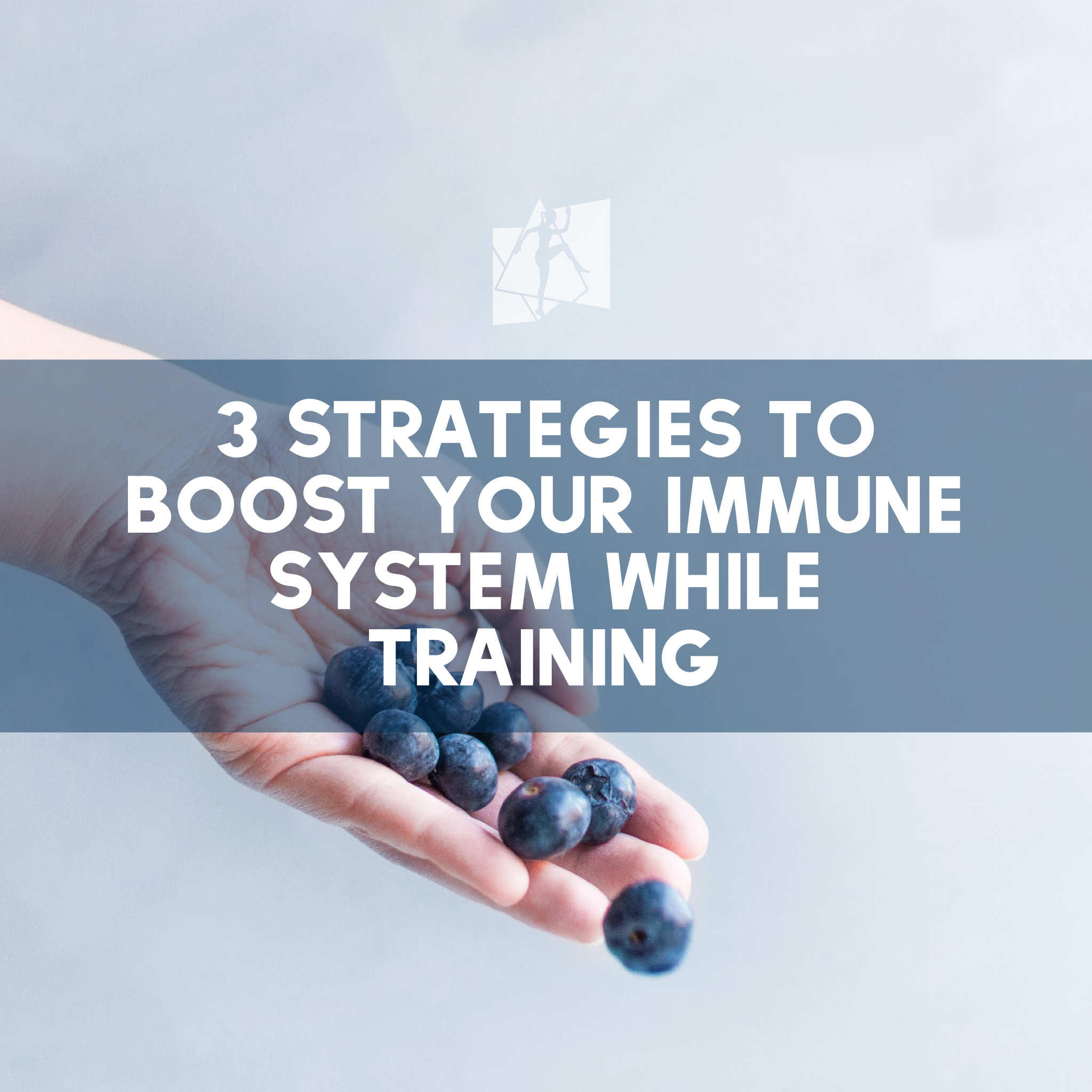We’re pushing pause on our injury spotlight series to talk about physical wellness in The Age of the Coronavirus. Over the past few weeks, we’ve been sharing the latest research on how physical activity, immune function, and athletic durability all fit together.
Food is personal. There are lots of philosophies are what to eat, and when to eat it. Some of them won’t work for everyone, while some of them won’t work at all. When it comes to athletic performance and immune function though, we can count on the following core principles:
Eat to meet your energy demands
Failure to consume enough calories while regularly training places your body in something called glycogen depletion. Glycogen is a fuel source stored in muscle tissue. During exercise, it is broken down to produce glucose, an essential molecule for muscle contraction. The more intense the exercise, the more glycogen is used. Understanding your resting metabolic rate, as well as how to estimate your energy output during exercise allows you to make smart fueling decisions.
Real foods first
A well-balanced diet should provide appropriate macro- and micro-nutrients on it’s own. Macro-nutrients include fats, proteins and carbohydrates, while micro-nutrients include key vitamins and minerals like calcium, iron, zinc and B vitamins. In this country, the average adult only gets one serving each of fruits and vegetables per day. Poor nutrient availability leads to poor immune function. These compounds are essential in a multitude of bodily functions; add higher training loads, and the situation only gets more complicated. Aim to eat between five and thirteen combined servings of fruits and vegetables a day. Try to include different colored fruits, as the color represents different polyphenols and flavonoids found within.
If you’re consistently unable to consume specific foods, or have a known deficiency, supplements can be helpful! Just remember, the body is able to process naturally occurring nutrients easier than it can synthetic nutrients.
Carbs, carbs, carbs!
To replenish glycogen stores, our bodies need carbohydrates and time. There are three types of carbohydrates: starch, sugar and fiber. Carbohydrates include everything from peas and lentils, to berries, to grains, to the natural lactose sugars found in milk. Yes, carbs are found in added sugar and bread, too. Including a variety of healthy carbohydrates, with plenty of dietary fiber, is critical to glycogen production.
Easy-to-process simple carbohydrates are useful for sustained periods of exercise. Not only is glucose essential for muscle function, it also is a primary fuel source for the brain. If the body is unable maintain normal blood glucose levels, (like during sustained periods of exercise) it will prioritize brain function. Try out the wide variety of gels and portable snacks available in most sporting good stores. We’re big fans of these.
As always, if you are still experiencing challenges around diet and overall health when meeting the general guidelines, consider the help of a dietician or primary care physician.
To read more, check out these articles and resources:
Fundamentals of Glycogen Metabolism for Coaches and Athletes
Recommendations to Maintain Immune Health in Athletes
How to Train and Eat to Boost your Immunity from Coronavirus


